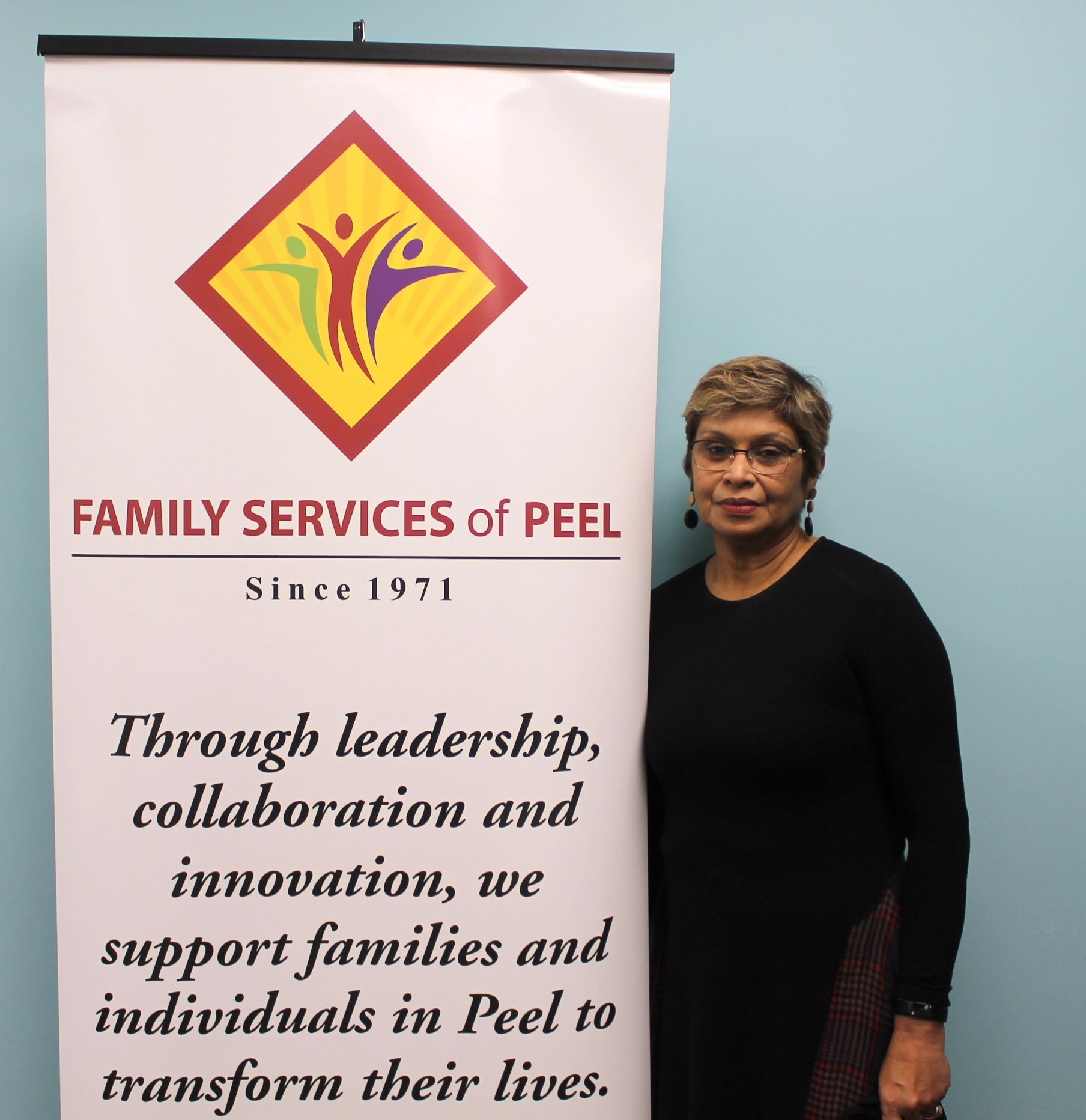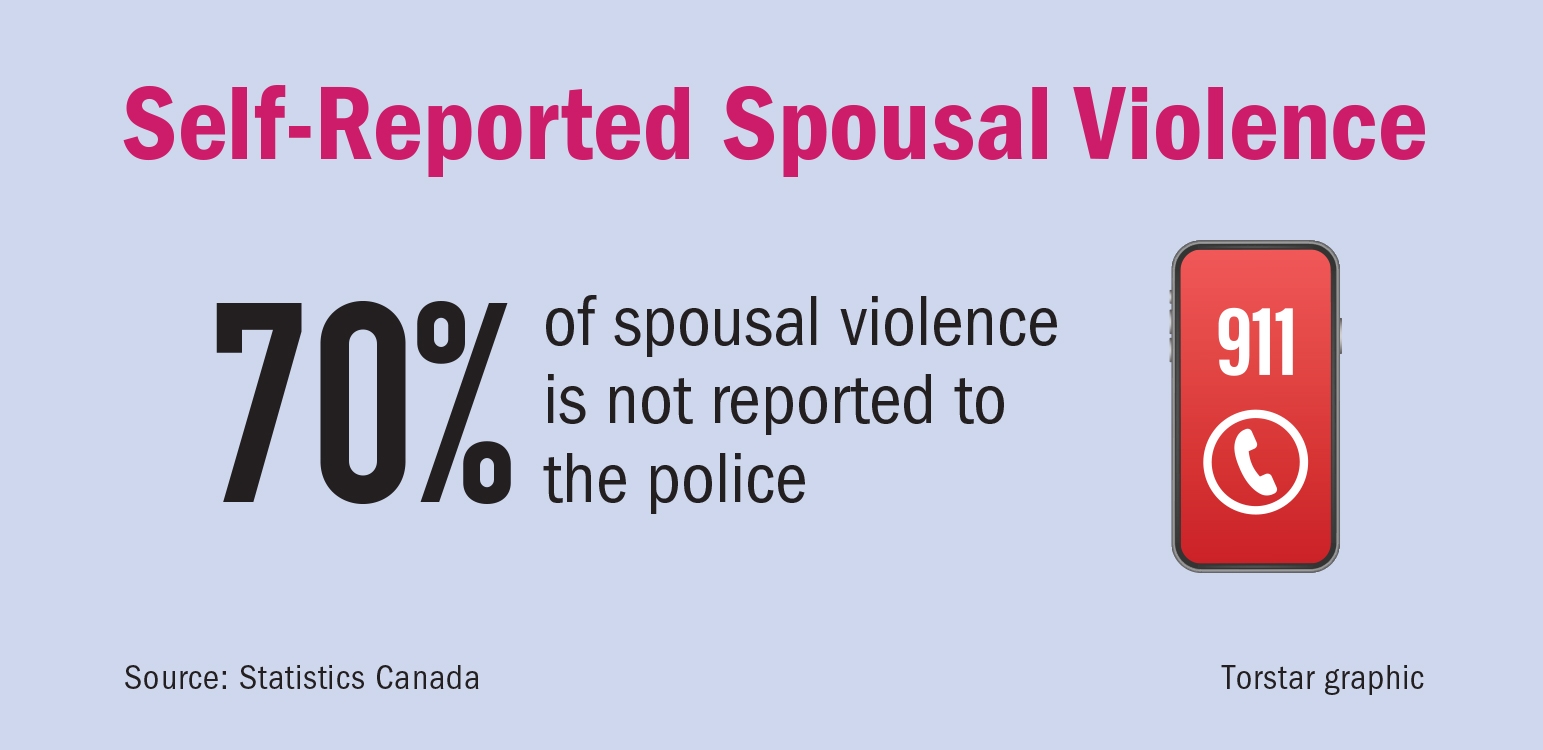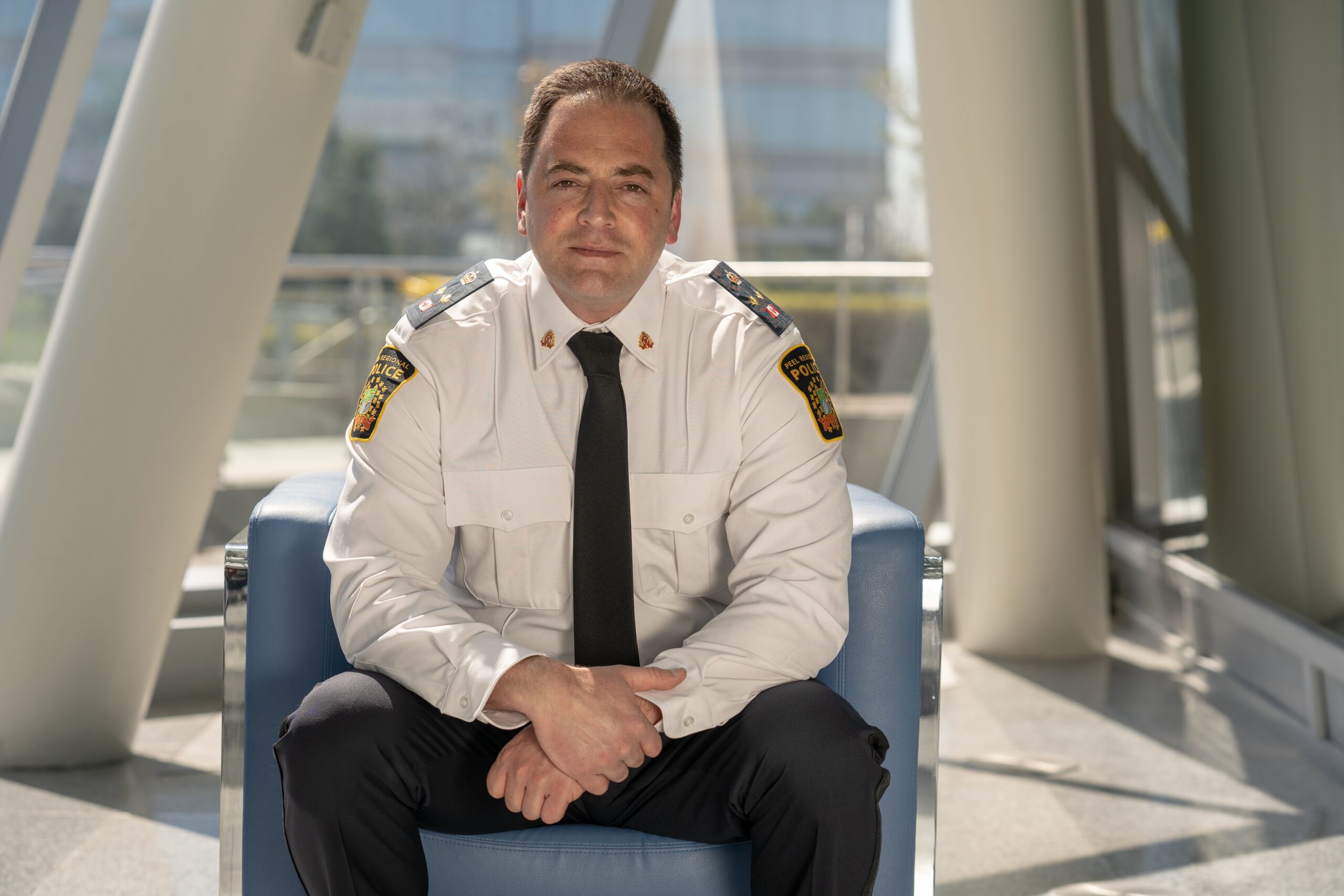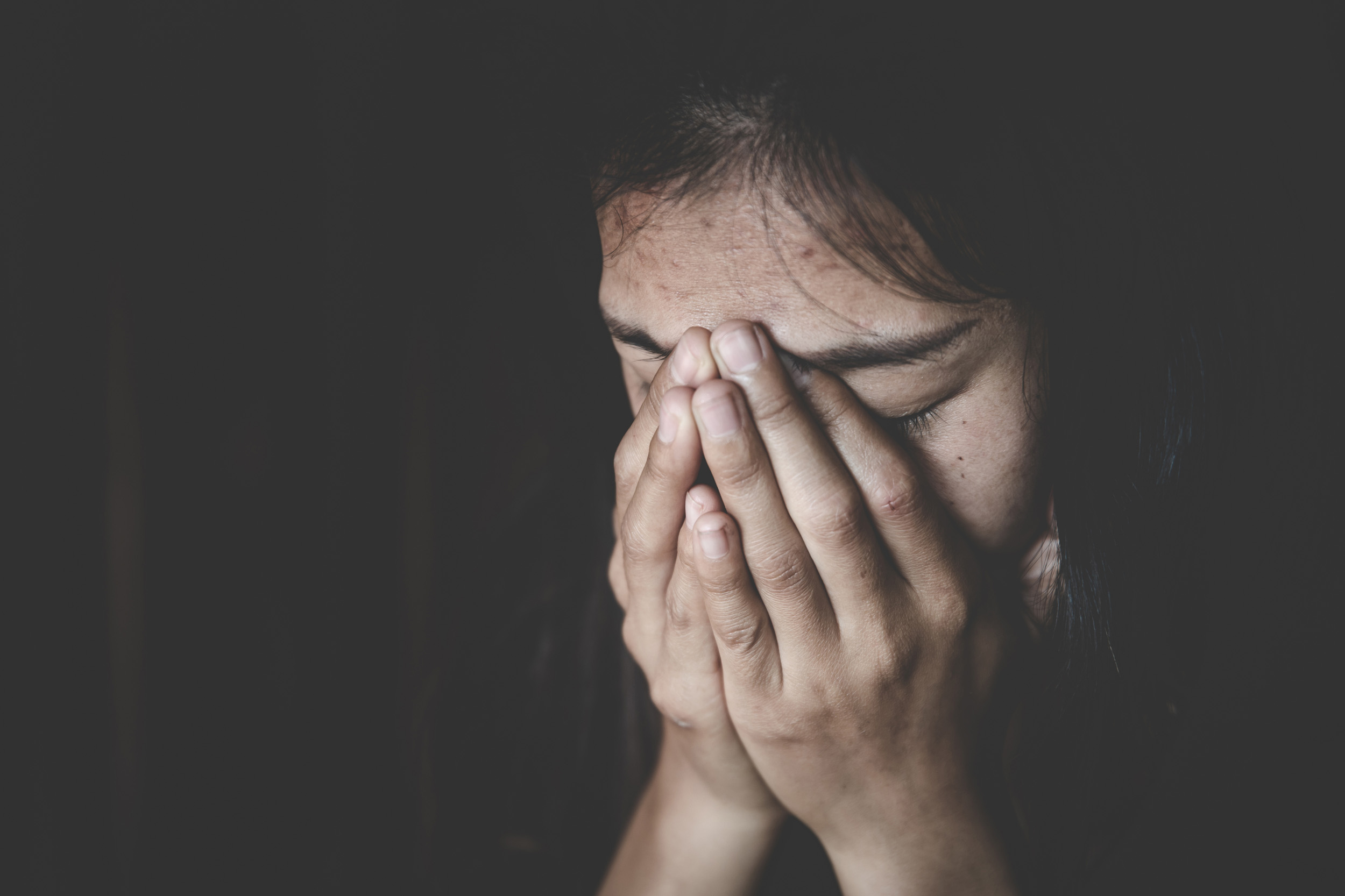This article is the second in a two-part series produced through a collaborative journalism project between Metroland Media and New Canadian Media.
Two in five people murdered in Peel Region last year were killed in domestic violence incidents, according to police statistics.
Of the 31 homicides committed in 2019, police report 13 were classified as domestic violence incidents and say such killings often account for about half of the murders in Peel during any given year.
According to Peel Regional Police, reports of domestic and intimate partner violence this year are on track to be lower than last, but generally speaking law enforcement statistics on domestic abuse do not tell the whole story.

Sandra Rupnarain, director at Family Services of Peel, explained, there is a general rule used when looking at these numbers.
“If you have 20 reported cases, it means that there are around another 40 cases not reported,” she said.
It’s a general rule supported by data collected and compiled in the Statistics Canada 2014 General Social Survey on Canadians’ Safety (Victimization), which estimated 70 per cent of spousal violence is not reported to police.

“Most often, victims of spousal violence indicated that they did not report the violence to police because they saw the abuse as a private matter,” Stats Canada said in the report on violence.
There are many other reasons, especially in marginalized communities where there is a lack of trust in police developed from personal or historical experience, explained Rupnarain.
For Laurie Samuel, a criminologist and urban sociologist who spent more than a decade with the Washington, D.C. police, this is nothing new.
“If victims are Black, if they are Indigenous, if they are poor, if they don’t fit the model for what a victim should be, they are treated differently, they are treated as less than,” according to Samuel.
Peel Regional Police Deputy Chief Nick Milinovich acknowledged that in some communities the relationship with law enforcement needs repair.

“There are some legacy concerns that the community has related to police,” he said. “It is a barrier to overcome and we want to demonstrate that the police service is here to help.”
Samuel, who is also the founder of Cupid’s Sting, a domestic abuse non-profit in Peel, explained that if reports from victims of colour are not taken seriously when compared to reports from white victims, it can further negatively impact victims of colour.
“This makes the assault more traumatic; it re-victimizes survivors and they feel like they can’t trust the overall system,” she said.
We must first acknowledge the disproportionate number of Black and Indigenous people in incarceration and children in child welfare, said Sharon Floyd, executive director of Interim Place.
“These statistics are indications that racialized people, especially Black or Indigenous people’s fears and concerns [about contacting the police] are legitimate,” she said.
Domestic abuse survivors from countries where law enforcement is notoriously corrupt also bring that lack of trust in police with them when they come to Canada, explained Rupnarain.
Instead of seeking out police, victims often look to community organizations or partnerships, she said.
This results in a fragmented relationship between survivors, community partnerships and the justice and police systems.
Both Samuel and Rupnarain agreed the only way to stop this fragmentation is system change and collaboration.
Milinovich explained Peel Region council recently approved a 2020 community and safety well-being plan aimed at mending this relationship and creating better response to domestic calls.
Centered around “significantly” reducing family and intimate partner violence, the plan has two main goals; identify gaps in services to move toward a more collaborative approach with community partners and increase awareness and public education.
“Domestic violence is a complex issue and police need to move from the idea that it is a proprietary development,” he said.
Samuel said officers on the front lines need specialty training.
For Det. Const. Sanjeev Singh, of Peel police’s regional family and intimate partner violence unit (FIPV), experience plays a major role when communicating and helping survivors.
“When you look at the cross section of officers, we’re constantly doing training and retraining, a lot of that is life experience as well,” he said.
Usually, domestic violence training was given priority to supervisors, the program has since been expanded to include front-line officers as well, according to an annual report.
In total, 845 officers within the force have received domestic violence investigator training.
Earlier this year a pilot project saw seven specialty trained officers, operating out 21 Division, following up on domestic calls. The pilot is planned to extend into a centralized regional unit with 50 officers.
“This is such a large issue, at least we are having some dialogue to bring awareness to what is unique to our community and how to get that addressed,” concluded Rupnarain.
Peel Regional Chief Nishan Duraiappah believes the plan “will give us interconnectivity and perhaps reduce the stigma and barriers people might feel when they call the police.”
STORY BEHIND THE STORY: Contrasting statistics from the Peel Regional Police and shelters in the region during the COVID-19 lockdown suggest many domestic violence survivors don’t turn to the justice system for help. We look at reasons why this is truer for new immigrants and other victims from marginalized communities.
This story was written by: Sabrina Gamrot.

Sabrina Gamrot is a reporter in Metroland’s Peel Division newsroom covering Mississauga, Brampton and Caledon.
___________________________________________________________
Victim Services of Peel: 905-568-1068
Special Victims Unit Peel Regional Police: 905-453-2121 ext. 3460
Peel Committee Against Woman Abuse: 905-823-3441
Family Services of Peel: 905-366-0322
Legal Aid Ontario: 1-800-668-8258




